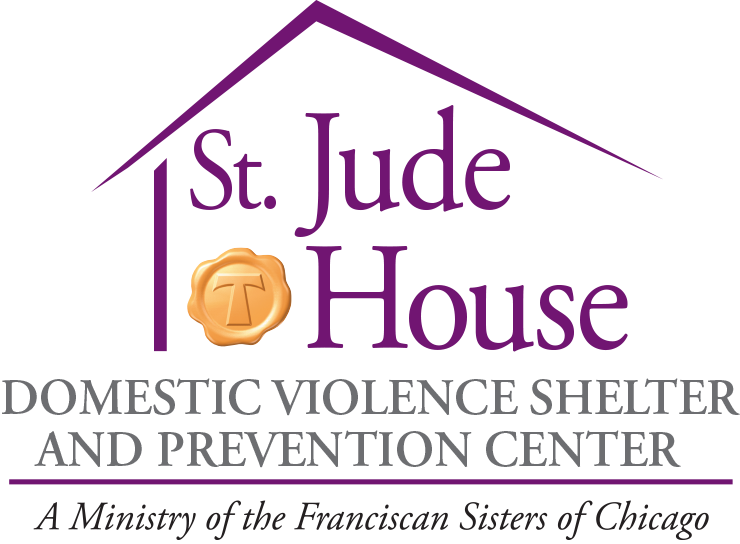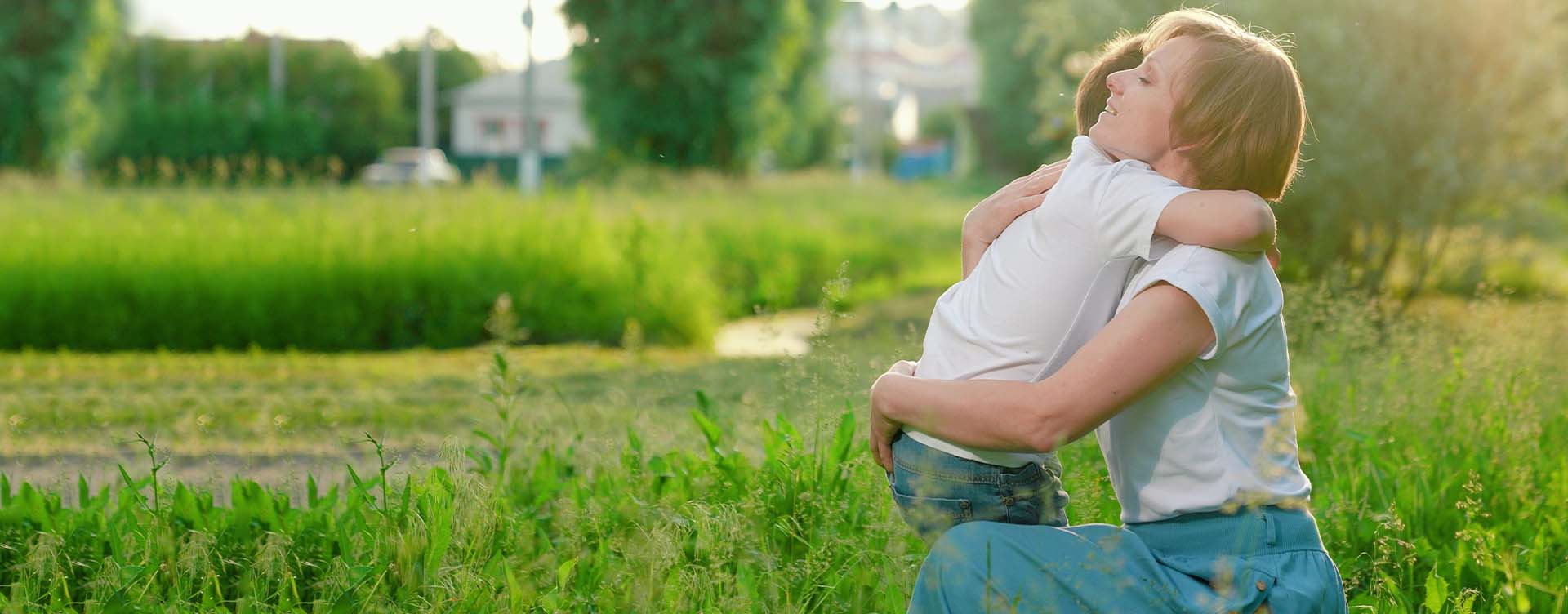Know the Truth
Facts About Child Abuse
Child abuse is not just physical violence directed at a child – it is any form of maltreatment by an adult, which is violent or threatening for a child, including neglect. When child abuse occurs in the home and the abuser is the child’s parent or caregiver, this is a form of domestic violence.
However, children can be abused by other adults, such as babysitters, teachers or coaches. Abuse can be intentional, but if a parent or caregiver is no longer able to cope with caring for a child, this can result in dysfunctional behavior and abuse.
- Research indicates that child maltreatment occurs in 30-60% of families where spousal abuse takes place.1
- 68% of children are abused by a family member.2
- For every incident of child abuse or neglect that’s reported, an estimated two incidents go unreported. Child abuse occurs across all socioeconomic levels, ethnic and cultural lines, and religions and education levels.2
- Neglect, the most widespread form of child abuse, makes up more than 59% of abuse cases.2
- 90% of child sexual abuse victims know the perpetrator in some way.2
Educate Yourself
Types of Child Abuse
Similar to domestic violence, child abuse is a pattern of abusive behavior toward a minor under the age of consent, and like domestic violence, child abuse goes beyond physical violence. Types of child abuse can include:
Physical Abuse
Any intentional act to cause injury, trauma, bodily harm or other physical suffering, such as hitting, punching, slapping, shoving, biting, hair pulling, etc. Such injury is considered abuse regardless of whether abuse was intentional or not.
Neglect
Neglect is failure to provide for a child’s basic needs. Neglect may be:
- Physical (lack of appropriate supervision or failure to provide necessary food, shelter, or medical care).
- Educational (failure to educate a child or attend to special education needs).
- Emotional (inattention to a child’s emotional needs or exposure to domestic violence). These situations do not always mean that a child is neglected. Sometimes cultural values, the standards of care in the community and poverty may be contributing factors, indicating that the family is in need of information or assistance.
When a family fails to use information and resources, and the child’s needs continue to be unmet, then further child welfare professional intervention may be required.
Sexual Abuse
Sexual abuse includes activities such as fondling a child’s genitals, penetration, incest, rape, sodomy, indecent exposure and commercial exploitation through prostitution or the production of pornographic materials. Any sexual activity between an adult and a child is considered abusive, including any contact that is accomplished by force or by threat of force.
Emotional Abuse
Emotional abuse is any pattern of behavior that impairs a child’s emotional development or sense of self-worth. This may include constant criticism, verbal abuse, threats or rejection, as well as withholding love, support or guidance.
What to Look For
Signs of Child Abuse
Because there are different types of child abuse, signs can vary, and every child is different. Be mindful that some children may show multiple or none of these signs, but trust your instincts. Suspicion of child abuse is enough of a reason to take action.
Signs of of physical child abuse can include:
- Injuries to the eyes or both sides of the head or body (accidental injuries typically affect only one side of the body)
- Frequent injuries such as bruises, cuts and burns, especially if the child is unable to provide an appropriate explanation of the cause
- Destructive, aggressive or disruptive behavior
- Passive, withdrawn or emotionless behavior
- Fear of going home or fear of parent(s)
Signs of of sexual abuse can include:
- Symptoms of sexually transmitted diseases
- Injury to genital area
- Difficulty and/or pain when sitting or walking
- Sexually suggestive, inappropriate or promiscuous behavior or verbalization
- Expressing age-inappropriate knowledge of sexual relations
Signs of physical neglect can include:
- Obvious malnourishment, listlessness or fatigue
- Lack of personal care (poor personal hygiene, torn/dirty clothes, etc.)
- Untreated need for glasses, dental care or other medical attention
- Frequent absence from or tardiness to school
- Child inappropriately left unattended or without supervision
It’s Time to Take Action
Child Abuse Prevention
Child abuse and neglect are often linked to other forms of violence through shared risk and protective factors. Addressing and preventing one form of violence may have an impact on preventing other forms of violence.
- Know the Signs – Unexplained injuries aren’t the only signs of abuse. Difficulty trusting others or making friends, sudden changes in eating or sleeping patterns, inappropriate sexual behavior, poor hygiene and hostility are often signs of family problems and may indicate a child is being neglected or physically, sexually or emotionally abused.
- Educate Children – When children are taught they are special and have the right to be safe, they are less likely to think abuse is their fault and more likely to report an offender.
- Take Action – If you witness a child being harmed or suspect child abuse, file a report to your state’s child protective services department or local police.
1https://www.childwelfare.gov/topics/can/factors/family/domviolence/
2https://www.childprotect.org/facts-about-child-abuse.html



